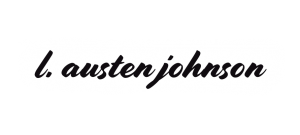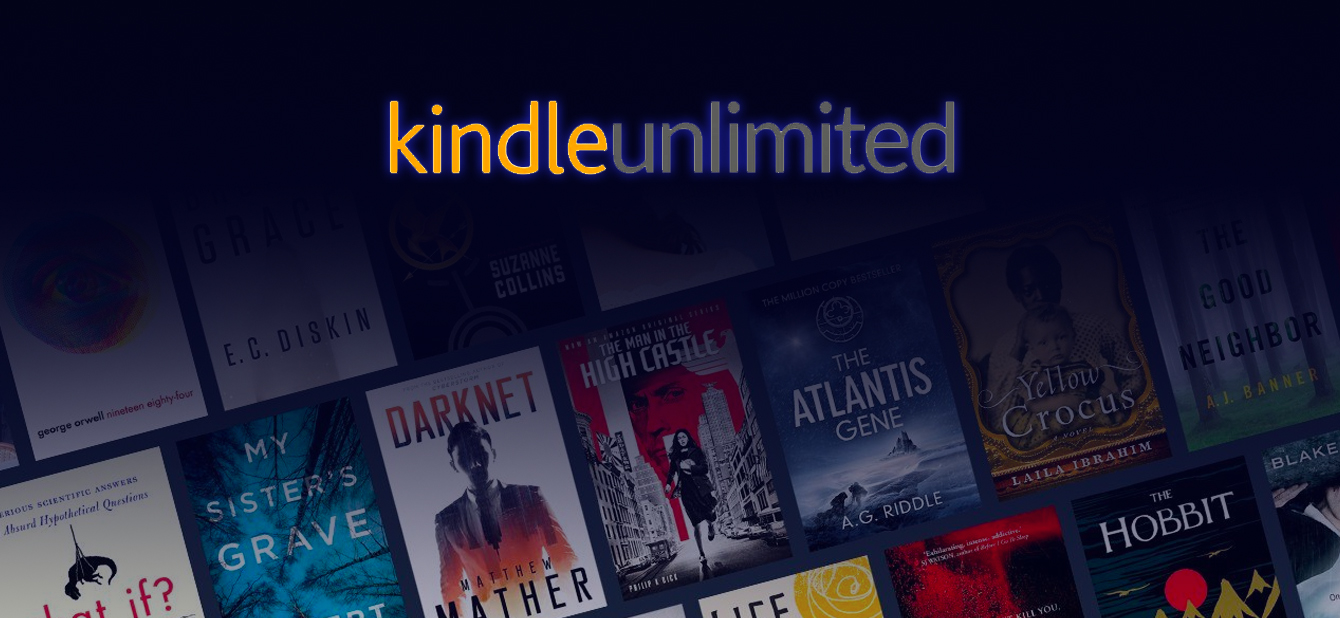Today, we’re going to try to answer two key questions: Why is Kindle Unlimited considered bad? And, if Kindle Unlimited is bad, then why do writers and readers use it?
Voracious Readers, Limited Cash
If you’re like me and you read a lot of books each year, it can be pretty costly to buy them all, even if you’re getting used paperbacks or ebooks. At $4.99 – $8.99 a pop, ebooks are basically the price of thrifted books anyway. I use a few apps to help facilitate my reading habits while saving space in my apartment and saving my piggy bank from stress. Libby is a great one to read ebooks from your local library. It’s powered by Overdrive, and you can even request your library to stock the titles.
But many indie authors don’t have their books in libraries. This is due to a variety of reasons, like industry biases, the reluctance of distributors to work with “no-name” authors, and, quite frankly, what’s basically an industry monopoly created by Amazon/Kindle in the ebook space. (Statistics vary, but some people posture that up to 85% of ebook purchases on for Kindle, either for reading on Amazon e-readers or in the Kindle app.)
Kindle Unlimited
Why Do Authors Use It?
Enter Kindle Unlimited. There’s a certain chicken-and-egg problem with it and libraries: the very things that draw authors into entering an exclusive ebook listing contract with Amazon (see KDP Select Terms of Use) are also what continue to enable the lack of affordable reading problem.
Authors get increased revenue because so many people are reluctant readers in any other non-Kindle space or can’t afford to pay “sticker-price” for every book (not to mention the very real and very large issue of piracy in the ebook market). But then, in agreeing to enter into KU (which is called “KDP Select” on the back-end of things), they can’t list their books with Kobo, Smashwords, or other ebook retailers that help place books into library programs like Overdrive or even other front-facing retailers like Barnes & Noble and iBooks.
Furthermore, Amazon pays authors per page read, and it’s…not a lot. Basically, Amazon takes portion of the Kindle Unlimited monthly subscription cost, totals it up, then divides by pages reads and issues a per-page royalty, plus some high-performance bonuses. You can find a comprehensive list of KDP Select payouts here. But, tl;dr, it’s not even half a cent per page. In fact, in December 2020, while you lovely readers were peeping Beaver Creek Resort on your tablets, phones, and Fires, authors like me were receiving $0.004514 per page. Makes you want to leave a review to support my writing, huh? (See what I did there?)
And yet, authors like me keep coming back to it. It has helped facilitate massively-successful indie authors, like Mariana Zapata and Elise Kova (both of whom I’ve personally read on KU). And, for romance writers, it’s almost a MUST to be able to top the Amazon charts for your categories.
Why Do Readers Use It?
Kindle Unlimited also benefits readers. For one, it tends to have a wider variety and greater number of ebooks in certain genres like romance than most libraries have access to. The search engine capabilities of the Kindle app and Amazon’s website as a whole are also great. People will be able to search within genres as narrowly as, e.g., searching paranormal romances that specifically have an “alpha male” as the love interest, new within the past month, and have over 4 star ratings. This can help stave off analysis paralysis, where readers are stuck not reading anything because they just can’t figure out what to read. Kindle product pages even have a host of similar products, both sponsored and not, so people can easily click from one clean time travel Scotland romances to another.
Readers can also share reviews much more easily, so they feel like their voices are heard: when you use the Kindle app and you’re done reading a book, Amazon will automatically prompt you to rate and review the book. This also helps inform the aforementioned similar products and “also boughts” that Amazon’s algorithms are so very interested in.
At $10 a month for a US subscription to Kindle Unlimited, it can easily help voracious readers (i.e. those who read 3 or more books a month) or families of readers to save money versus buying every ebook directly. My family uses it, along with Amazon’s family plan. My mom and I will sometimes even see books that the other person has downloaded in our library and read those, as a sort of de facto “social recommendation” for the book.
Moreover, Amazon offers some big name books on there. Right now, authors like J.K. Rowling and Neil Gaiman have some of their books available on their platform. “But they’d be in libraries anyway,” you say. Right you are. But Amazon Publishing, which has a bunch of imprints, releases its books to KU. And unsurprisingly, they top the Amazon charts. (Makes sense that the books created by the company who is also responsible for advertising books, offering a platform for readers to read those books, and controlling who can and can’t review a book would have success on its own platform.)
Thus, readers looking for brand new releases in their genres, which may not be in their library catalog or for which they may have to wait months to be able to check out, can just hop on over to Kindle and find them quite quickly. Amazon Kindle’s entire M.O. is getting relevant products in the hands of avid readers ASAP and then continuing the cycle of using Amazon recs to make readers reliant on their platform.
Kindle Unlimited and Amazon Publishing: Harmful or Not
For all the harm that Amazon has done to the book market, for all the issues I personally have with the paucity of royalties to authors across the board, they’re still offering a benefit to both authors and readers:
For authors, who’s to say anyone would even pay full sticker price on your ebook (sure, $1.99 doesn’t seem like a lot for a book, but that’s $1.99 more than what many people are willing to value your work at). With KDP Select, you’re at least able to get some royalties that you wouldn’t have before, if you’re doing it right.
For readers, what’s paying $10 a month for unlimited access to thousands (if not more) of books in genres you like? It saves money versus them buying books individually, plus the algorithmic magic behind-the-scenes provides you highly-tailored recommendations for your next reads. Who cares if Amazon knows you enough to then offer weirdly-personalized ads and sell your data? Who cares if they become the only provider by basically forcing all other retailers who can’t afford to lose money selling products out of the market (Amazon generally loses money on book sales; it’s their Amazon Web Services that’s really the cash cow for them)? Right?
Hmm…
So, what can you do?
These are the issues that we’re facing as authors and as readers. Iam both a KDP author and a KU reader (I try to read at least 50 books a year). When you’re stuck with a limited budget to spend on leisure goods like books and a world filled with endless reasons to desire an escape in art, it can be hard to step back from the groundbreakingly-convenient machine that is Amazon. (Amazon also owns Audible and Goodreads, by the way).
And I’m not expecting you to.
I probably won’t make that change for a while because my time, energy, and desire to reach readers prevents me from doing so. In my opinion, it’s the role of larger organizations or agencies to actually regulate monopolies. And it’s the task of publishers, distributors, and retailers to create alternatives that consumers actually want to use and that are fair(er) to authors.
And maybe bookstores and libraries could open their shelves (virtual or otherwise) to more indie authors and get out of the hierarchical mindset of publishing that has been dominate for at least ten years. There’s a big readership there, and their biases are actively contributing to Amazon’s monopoly. After all, most of the successful books in Kindle Unlimited, if they’re not from Amazon itself, come from indie authors or publishers who have been “forced” to use the platform by the limitations of readership and royalties found elsewhere.



